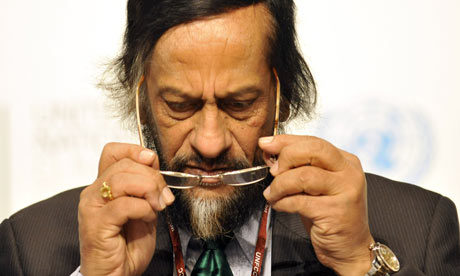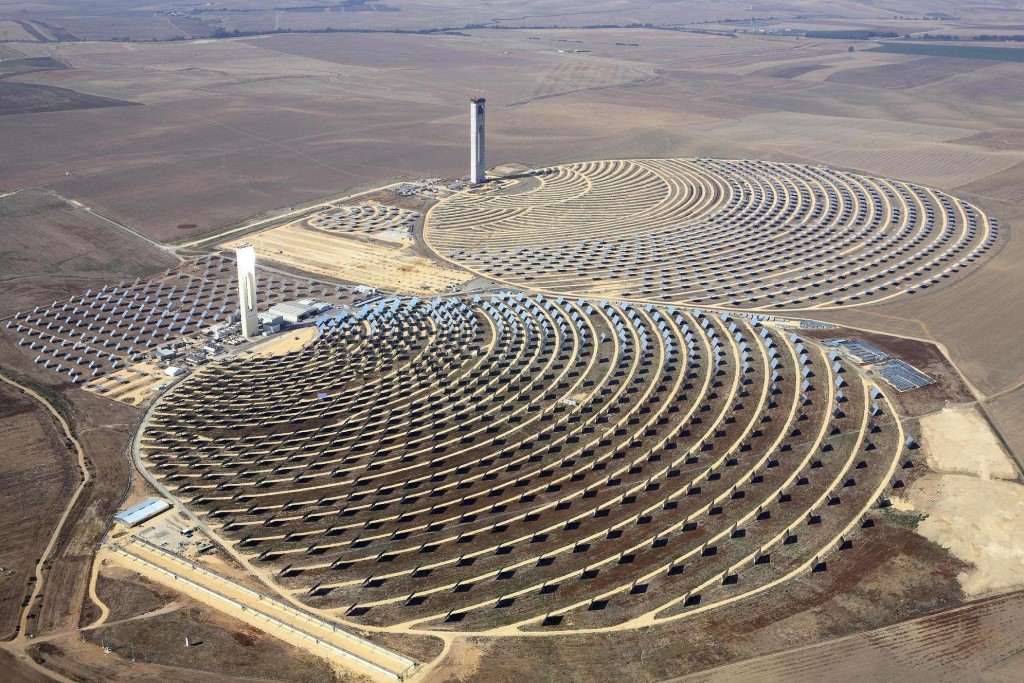The COP 20 negotiations kicked off with an all fired up plenary consisting of UNFCCC’s boss, Ms. Christina Figures. “Here in Lima, to aspire to great heights ourselves, we must draw several critical lines of action” was one of her powerful remarks. The most striking yet very critical part of the plenary was the presentation of the results outlined in the latest IPCC AR5 report. Dr. Rajendra Pachauri, Chairman of the Intergovernmental Panel on Climate Change (IPCC) clearly summarized the IPCC fifth assessment report (AR5) while outlining the impacts of climate change in the simplest terms possible.
That science points to human activities as the largest cause of increased greenhouse gases (GHG) emissions is not quite disputable. As GHG emissions continue to grow in the atmosphere, it is worth noting that according to the IPCC report, the largest percentage of this GHG so far (35%) have emanated from the energy sector. This is a worrying trend in the sense that there is very little investment in energy options that would reverse the trajectory. Energy is undoubtedly the important commodity whose demand continues to grow each passing day. The ever growing population and expanding economic environments immensely rely on this commodity yet in most cases, it is not clean and sustainable enough.
The Africa energy situation
Dealing with the sorry state of the energy sector in most African countries is very crucial. As a typical African citizen, I sometimes feel like I already have enough issues on my plate to deal with on an hourly basis. The remorseless nature of the economy that spans from struggling to pay for the ever escalating bills (power, rent, water, waste disposal, tax etc) to high costs of basic commodities are the hurdles that define citizens. Yet as we struggle to keep up with the economic pace, the glaring energy-related frustrations become regular phenomena. Striking a balance between such issues remains a conundrum that can only be dealt with in a critical and very innovative way of thinking.
Despite the large proportion of the population lacking access to energy, those who have access do not fully enjoy that privilege. The high cost of energy coupled with insufficient/irregular supply continues to erode smiles on the faces of the very ‘privileged’. Kenya, for instance, heavily relies on hydroelectric power, which has not been unsustainably generated. With the growing population and energy demands, it is only prudent that rapid measures be employed in curbing the energy menace.
A very promising option is a literal migration to renewable energy resources. Utilization of renewable energy has potential to alleviate many of the problems that face Africans today, especially if done so in a sustainable manner. South Africa is a good example of a country that has embraced renewable energy on a somewhat larger proportion compared to other African countries. A number of solar power projects that fall under the South Africa Renewable Energy Independent Power Producer Procurement Program have been developed to meet the electricity needs especially to the rural places where it is a problem to connect them to the national grid.
Although this is a step in the direction, there is need for emphasis to be placed on promoting renewable energy at all levels in the rest of Africa. In Dr. Rajendra Pachauri’s words, ‘to stabilize the concentrations, we need to move away from business as usual’. African countries can in fact move away from the usual fuels and fully embrace the clean and renewable energy options. The major impeding factors are seen to be the financial and infrastructural constrains.
Tapping into the COP20
The COP 20 provides a forum to discuss how such mechanisms can be dealt with in the context of adaptation, finance and technology transfer. The ongoing negotiations by the Subsidiary body for implementation (SBI) need to also consider focusing on the how African states, being very vulnerable to climate change yet lacking the capacity, can be assisted in shifting to cleaner energy options in the coming years.
Dr. Rajendra Pachauri reinforces that the “Science is at your doorstep, what we need to do is to come up with equitable, ethical and implementable set of actions by which we can move along a smooth path of development that would ensure a stable climate in the future.”


Pingback: dragoncitygameonline.com()
Pingback: offices for rent()
Pingback: warehouse for rent in hialeah()
Pingback: commercial building()
Pingback: warehouses for lease()
Pingback: Gerard Walsh()
Pingback: commercial real estate for sale()
Pingback: AlMarjan Island()
Pingback: buy cheap backlinks()
Pingback: bahaya madu penyubur kandungan()
Pingback: almarjanislandrak.blogspot.com()
Pingback: google bom()
Pingback: al marjan al kaber gen trdg llc()
Pingback: More Information about Marjan Island Resort and Spa()
Pingback: Al Marjan RAK()
Pingback: Al Marjan RAK()
Pingback: dragon pharma clen review()
Pingback: How to buy backlinks()
Pingback: legal site here()
Pingback: Wealthy Wheat Trader Scam()
Pingback: life insurance lawyer()